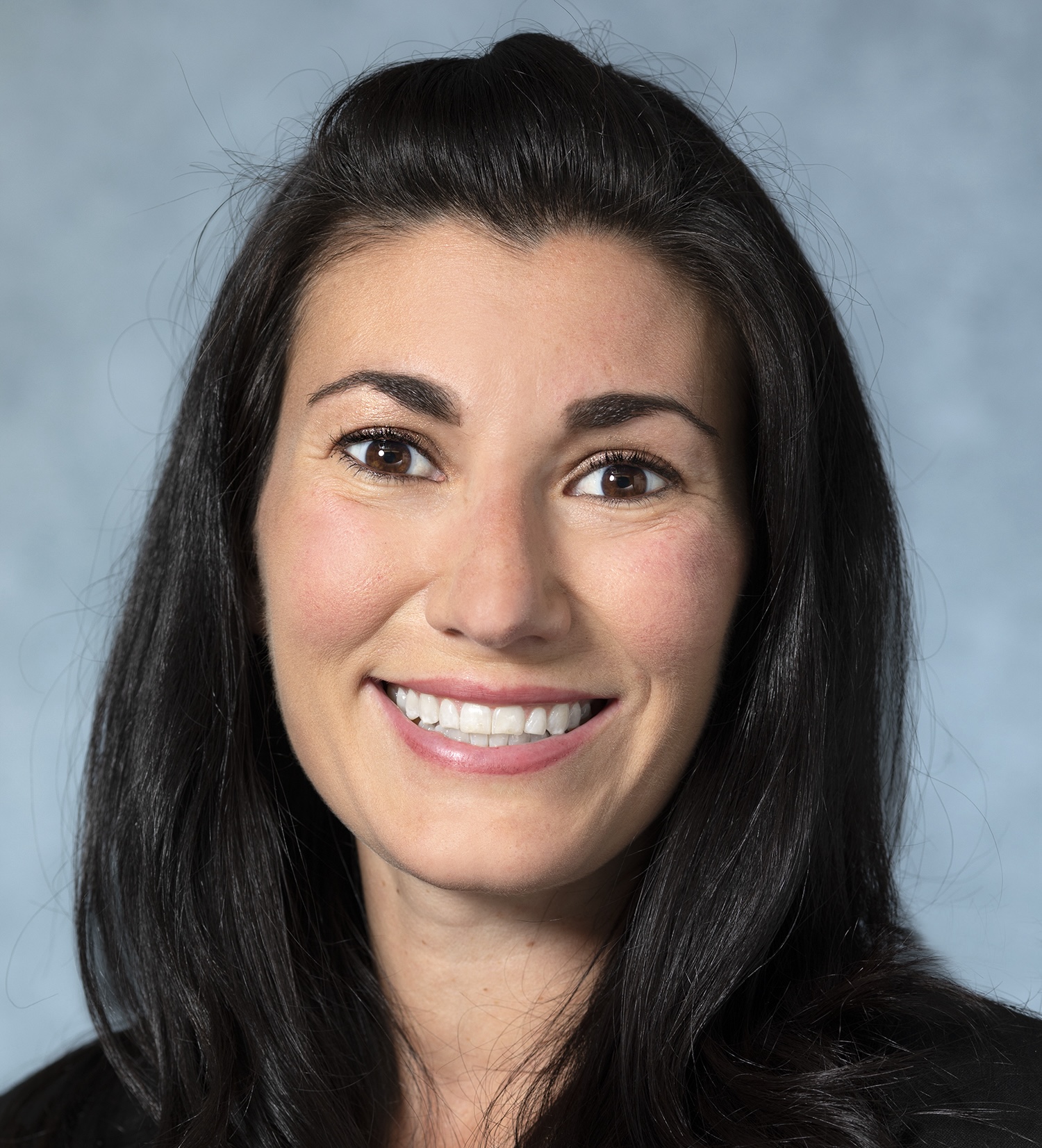
Nicole Gull, PhD
Charting Inflammasome-Driven Immune Infiltration in Homologous rRecombination-Deficient HGSOC
2024 Mentored Investigator Grant Recipient
Cedars-Sinai Medical Center
Project Summary
Despite great improvements in our understanding of ovarian cancer, this disease still ranks among the top five deadliest cancers in women. Unfortunately, most ovarian cancer patients receive their diagnosis late and have limited treatment options available. If platinum chemotherapy doesn’t work, there are very few alternatives. In an ideal world, each patient will be able to receive a personalized therapy to target their specific profiles. The purpose of this proposal is to help make incremental steps toward this goal.
I have designed an in-depth screen utilizing detailed imaging technology in order to observe all of the different types of immune cells present in tumors from women before and after chemotherapy (Aim 1). By looking at immune cells, we may be able to uncover important differences that prevent some of these women from responding to current therapies.
The second part of my proposal focuses on a specific type of protein that has been suggested as a therapeutic target in cancer, called an inflammasome. This protein can mediate inflammatory response and send out chemical signals to control cell death. A deeper understanding of the inflammasome and related proteins could allow us to use the inflammasome to activate or otherwise strengthen immune cell activity in patients where this response is lacking, or activate cell death pathways in tumors that are not responding to conventional therapies.
This grant was made possible by a generous donation from Judy and Phil Messing, in memory of Carol S. Messing.
Bio
Dr. Nicole Gull is currently a bioinformatics postdoctoral scientist at Cedars Sinai Medical Center under the mentorship of Dr. Michelle Jones. Her current work focuses on identifying somatic alterations in recurrent ovarian cancer. She received her bachelor’s degree in Biological Sciences and Psychology from Carnegie Mellon University. Before pursuing her doctorate, her enthusiasm for research and cancer biology was fostered in the lab of Dr. Antonio DiCristofano at Fox Chase Cancer Center in Philadelphia, PA. The lab’s research focused on thyroid proliferative disorders, specifically dysfunction of PTEN and the PI3K/AKT/mTOR pathway. During her PhD, she worked under the supervision of Dr. Benjamin Berman where her projects focused on identifying DNA methylation alterations which result in changes to gene expression and DNA stability. Her studies allowed her to develop a novel bioinformatics pipeline and utilize advanced statistical methods, machine learning, and bioinformatics tools to better understand the epigenetic changes underlying chemoresistance in ovarian cancer patients. This funding will expand her current project to determine the effect of homologous recombination on immune cell infiltration and inflammasome activation within recurrent ovarian cancer, using proteomics and spatial phenotyping.